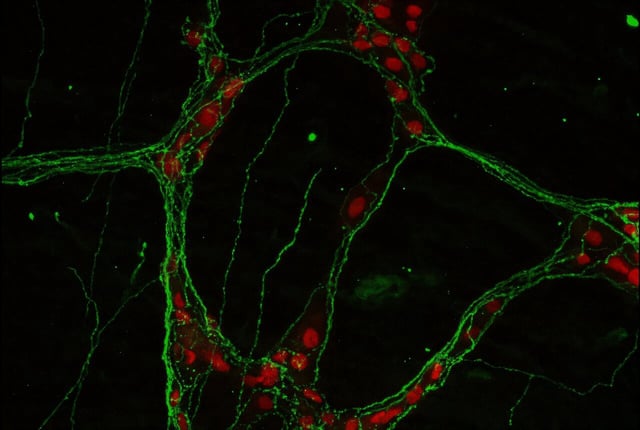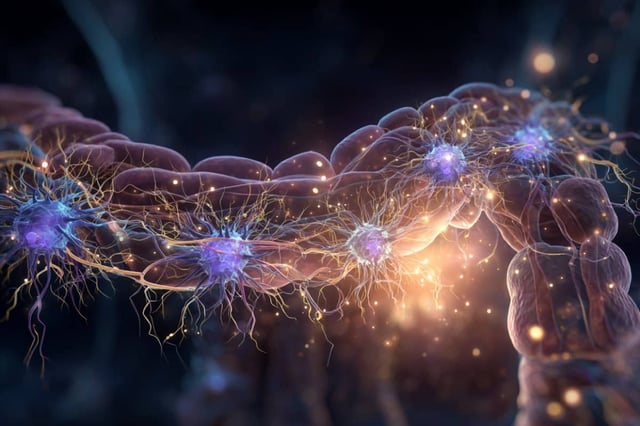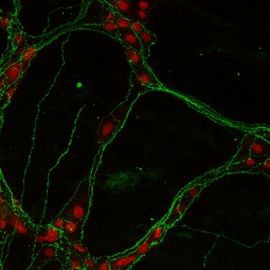Overview
- Researchers discovered that adrenomedullin 2 (ADM2) produced by enteric neurons activates group 2 innate lymphoid cells (ILC2s) to secrete amphiregulin and promote intestinal repair.
- Therapeutic delivery of recombinant ADM2 in mouse models expanded AREG+ ILC2 populations and significantly reduced inflammation in experimental IBD.
- Genetic or ILC2-specific deletion of ADM2 receptor components such as CALCRL or RAMP3 impaired amphiregulin production and exacerbated intestinal damage.
- Ex vivo analyses of tissue and blood samples from IBD patients confirmed elevated ADM2 expression and showed that ADM2 stimulation directly triggers amphiregulin release from human ILC2s.
- The findings position the enteric nervous system and the ADM2–ILC2 axis as promising preclinical targets for therapies aimed at enhancing natural tissue healing in IBD.


